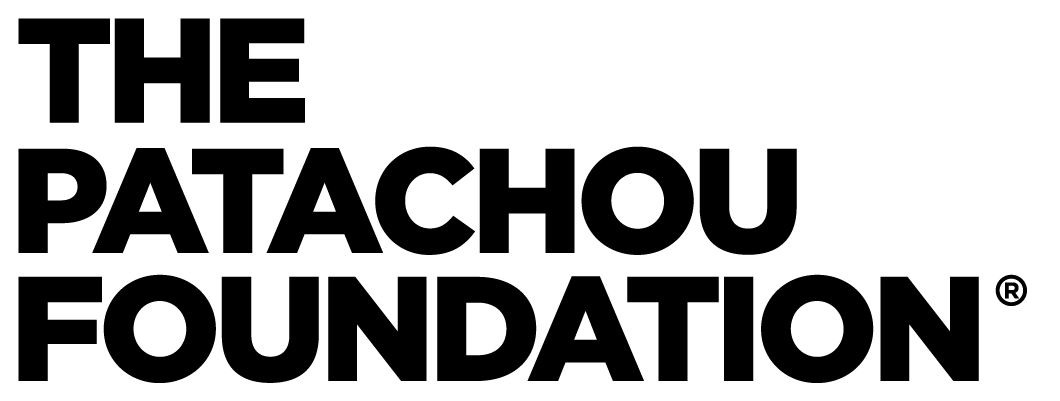Martha Hoover & Dr. Manasa Mantravadi Discuss School Food + Health Outcomes
Martha: "One in four Americans reported eating all of their meals alone—an increase of 53% in less than 20 years… How does that make you feel?"
Manasa: "It makes me feel really sad. Food is so much more than nutrition. Food is society. Food is impact for everyone in our community. It bonds people."
Martha: "As a pediatrician, when you see kids struggling with their health, do you think about food as part of their treatment?"
Manasa: "So many diseases in the United States are food-related. They are preventable. And yet our medical education doesn’t concentrate on that enough."
Martha: "Do you think most kids even have access to real, healthy food?"
Manasa: "Most children, especially those in food deserts, haven’t even seen a vegetable regularly. The CDC says one-third of children don’t eat a piece of fruit in a day, and half don’t eat a vegetable."
Martha: "How do you screen for that as a doctor?"
Manasa: "If they can’t name a favorite vegetable, it’s a big indicator of their access. They’re not going to say, ‘I live in a food desert,’ but they might say, ‘I don’t know any vegetables.’"
Martha: "Was there a moment in your career when this issue really hit home for you?"
Manasa: "A mother told me, ‘We don’t have a grocery store nearby. There’s only liquor stores and fast food. We can’t afford the bus to get to a grocery store.’"
Manasa: "That was a lightbulb moment. She also told me, ‘We can’t go outside and walk. We’ll get shot.’ And I thought, this is America. And this child has no access to fruit or a safe place to play."
Martha: "School lunch used to be made from scratch. What changed?"
Manasa: "School lunch started with fresh, local food. Then, budget cuts brought in big food companies. That’s when food became ‘food product.’"
Martha: "Food product?"
Manasa: "I want people to understand the difference between food and food product. There’s food—real food, whole food—and then there’s food product, designed for cost and convenience."
Martha: "I spoke at the Indiana Hunger Summit today—you were there. Did you notice the sponsors on the back of the program?"
Manasa: "Yeah. Big food. Including Coca-Cola."
Martha: "Right. What does that say to you?"
Manasa: "That’s the problem. The science says one thing, and industry does another. That’s why policy reform takes so long."
Martha: "But you’re seeing real change in schools that switch to scratch-made meals, right?"
Manasa: "Yes. Schools that serve scratch-made meals are seeing results—higher attendance, better grades, healthier kids. You don’t need a statistic. You can see it."
